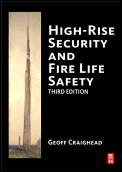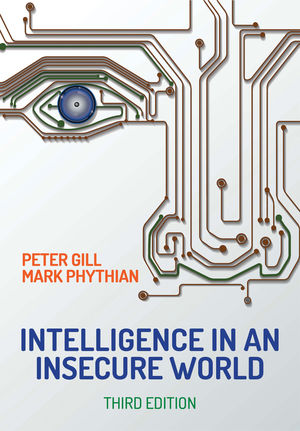In Michigan, an arsonist set the plaintiff’s liquor store on fire. The store was insured by the defendant insurance company under a policy contract with a modifying protective safeguard endorsement that required the plaintiff to install an “automatic fire alarm.”
The defendant denied the plaintiff’s property damage claim under the policy, asserting that the plaintiff did not have an automatic fire alarm. The plaintiff filed suit against the defendant insurance company for breach of contract. The court granted the defendant insurance company’s motion for summary judgment, finding that the plaintiff did not have an automatic fire alarm as required by the policy. The defendant appealed.
On the night in question, the plaintiff’s employees armed the alarm system and locked the building. At 3:51 a.m. all three alarms went off within a span of five seconds upon detecting motion. The alarms notified the alarm company there was movement detected in the building. The alarm company called the police at 3:52 a.m. The fire department received a call at 3:54 a.m. requesting a response to a commercial building fire. The police department allegedly placed the call to the fire department.
The fire department arrived at 3:58 a.m. and extinguished the fire within 10 to 15 minutes of their arrival. The plaintiff submitted its claim to the defendant insurance company, which denied liability based on the protective safeguard endorsement in the policy which, among other things stated:
- As a condition of this insurance, you are required to maintain the protective or services in the schedule above:
- b. P-2 Automatic Fire Alarm, protecting the entire building, that is:
- (1) Connected to a central station; or
- (2) Reporting to a public or private fire alarm station.
The insurance company contended that the burglar alarm system monitored by the alarm company did not constitute an “automatic fire alarm either connected to a central station or reporting to a public or private fire alarm station.”
On appeal the court found that the District Court interpreted the plain language of the contract under Michigan state law and determined the contract was not ambiguous and held that the alarm “was an automatic burglar alarm, not an automatic fire alarm.”
Therefore, the court held that because reasonable minds could not disagree as to the unambiguous nature of the property insurance contract between the parties — and because the plaintiff did not have an automatic fire alarm as required by the contract — the appeals court affirmed the ruling of the lower court, which granted the summary judgment in favor of the defendant insurance company.







